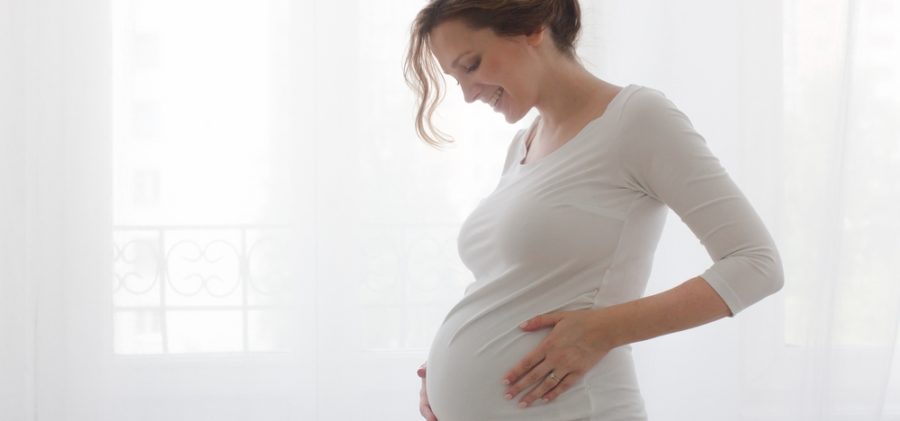
For different reasons, women increasingly delay the time to become mothers. Currently, the average age of women who are new mothers exceeds the age of 31. As shown in data released by the National Statistics Institute (NSI), the percentage of women as new mothers at 40 is more than twice than it was 10 years ago.
According to the latest Eurostat report, in 2015 Spain was the second country in the European Union with the highest number of first-time women aged 40 or over 40. Italy (8%) leads the ranking, followed by Spain (7.4%) and Greece (5.5%). As set out in the study, 5 million babies were born in Spain, 90,000 were delivered by women who had already turned 40 and were first-time mothers.
The delay in maternity is due to multiple factors, women make the decision to become mothers starting from 30 years old either related to work or personal purposes.
The age is a key factor in fertility
Although there is an increasing number of women who get pregnant for the first time at 40 years of age or older, searching for pregnancy at this age can be a complicated task because the chances of naturally achieving the purpose are only 5% in their late thirties. In women over 40, more than 50% of eggs are chromosomally altered, and after 42 years old, the figure rises to 75%.
The fertility of women is related to their age. Generally, fertility decreases as women age and usually ends between five and ten years before reaching menopause. The main reason for this decline depends on woman’s own physiology: as time goes by, her ovarian reserve decreases and her eggs are characterized by poorer quality.
Being a mother at 40
Assisted reproduction treatments offer an ally to women who want to become mothers at 40. Generally, the recommended treatment is In Vitro Fertilization (IVF). According to each patient’s case, the quality and quantity of their ovarian reserve, they could rely on the IVF with their own eggs, through which the ovaries are stimulated to get more eggs per cycle. This increases the likelihood that some of them achieve the appropriate maturation to be fertilized with the sperm.
However, many women who seek pregnancy after the age of 40 have no longer quality in their own eggs, so they turn to IVF with donor eggs (egg donation).
Due to the delayed motherhood in recent years, the vitrification of eggs acquired a position of privileged treatment to preserve fertility. It allows postponing maternity for as long as you wish by preserving the quality of the eggs.







